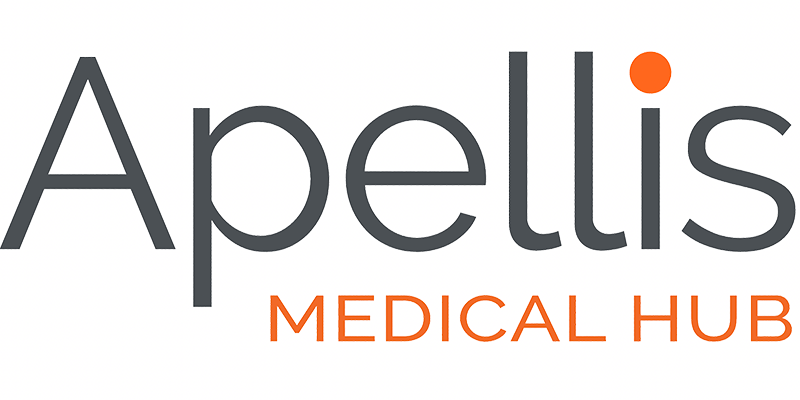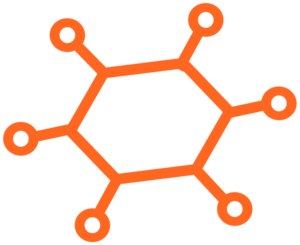Our Scientific Focus
Apellis is dedicated to improving the lives of individuals living with serious disease driven by complement and supports medical and scientific research that demonstrates the highest level of scientific integrity, inclusion, and curiosity.
Hematology
Paroxysmal Nocturnal Hemoglobinuria (PNH)
- Quality of Life (QoL) and effect on Activities of Daily Living (ADL)
- Further characterization and measurement of PNH symptoms (e.g., brain fog)
- Long-term effects of better treatment
Nephrology
Complement-mediated Kidney Disease
- Characterization of burden of disease, unmet need, novel patient reported outcomes scales and meaningful clinical outcomes in patients with complement-mediated kidney disease
- Biomarkers of disease severity and disease progression in patients with C3G, primary IC-MPGN or other complement mediated kidney disease
- Novel clinical and/or imaging study endpoints of disease severity and disease progression in complement mediated kidney disease
- Role of innate immune system in patients with complement mediated kidney disease glomerular diseases
- Epidemiology or natural history of disease that support better understanding of the trajectory of biomarkers/histological/clinical parameters over the course of disease in patients with complement-mediated kidney disease
- Understand potential benefits of C3 inhibition in novel patient populations with complement-mediated glomerular disease
- Understand real-world use of C3 inhibition and long-term outcomes in patients with C3G or primary IC-MPGN
Ophthalmology
Geographic Atrophy (GA)
- Development of studies and tests to evaluate visual function in patients with GA due to AMD
- Further understanding of the relationship between GA and neovascularization in AMD
- Real world effectiveness of pegcetacoplan in patients with GA due to AMD
- Effectiveness and safety of pegcetacoplan in patients with GA due to AMD with clinical features (phenotypes) not assessed in clinical trials (including but not limited to bilateral GA patients treated in both eyes; GA patients with lesions approximately 200 microns or further from the foveal center)
- Effectiveness and safety of pegcetacoplan in GA due to AMD with different dosing intervals and dose escalation or de-escalation
- Further understanding of biomarkers in GA to assess disease progression and/or treatment response
Other Complement-Related Diseases
- Understanding the role of complement in other disease areas
- Exploration of other therapeutic areas with significant unmet needs where complement inhibition may play a role
- Explore new complement biology that could open the door to breakthrough therapies


